Learn More
Biting Your Nails: What You Need to Know
Why Do People Bite Their Nails?
Nail biting, or onychophagia, is common, affecting up to 30% of people. Many start as children, often after age 3 or 4. While some outgrow it, others transition from habits like thumb-sucking. Nail biting may also begin in adolescence or adulthood and, in some cases, result from medication side effects.
This habit often arises as a coping mechanism for stress, boredom, loneliness, or hunger. It’s also linked to psychological conditions like:
- Anxiety
- ADHD
- Separation anxiety
- Tic disorders
- Bed-wetting (enuresis)
- Oppositional defiant disorder (ODD)
Severe nail biting, classified as a Body-Focused Repetitive Behavior (BFRB), is related to obsessive-compulsive disorders. People with BFRB may also engage in skin picking or hair pulling, often influenced by genetic tendencies.
Why Is Nail Biting Harmful?
Once the habit forms, it’s tough to break and can lead to issues such as:
- Dental damage (misalignment, chipped teeth)
- Fungal infections in the nails
- Illness from bacteria transfer
- Jaw pain and mouth injuries
- Skin infections
- Finger, nail, and cuticle damage
While long-term harm is rare, swallowing bitten nails or bacteria can cause digestive infections.

